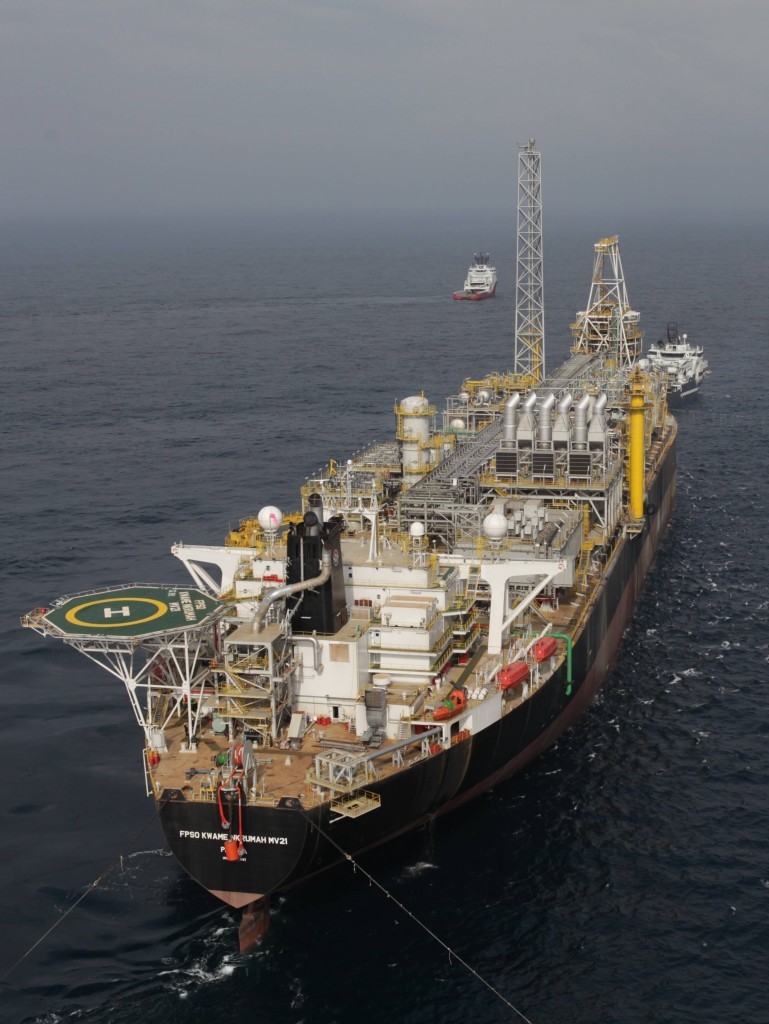
Tullow Oil has cut the amount it expects to produce this year, but is likely to approve the Simba development in Gabon later this year.
Tullow CEO Rahul Dhir said drilling in Ghana had been performing well. Operational performance was good, he said, and higher oil prices and asset sales have “supported our transformational debt refinancing. Tullow now has a strong financial footing and we are making very good progress in delivering on our highly cash generative business plan and continuing to reduce our debt.”
Revenue for the first half of the year is expected to be around $700 million, based on a realised oil price of $58 per barrel. Tullow also spent around $50mn on hedging.
Underlying cash flow is expected to be $200mn. At the end of the period, net debt is around $2.3 billion, with liquidity and free cash of around $700mn. Capital expenditure in the first half was $100mn, rising to $250mn over the full year.
The company produced 61,200 barrels per day in the first half of the year. Over the entire year, it now expects to produce 55,000-61,000 bpd. This is down from 61,000-66,000 bpd.
Asset sales have contributed this to reduction but the TEN project in Ghana is declining. Tullow expects the field to reach 16,000 bpd net over the full year, down from 17,400 bpd in the first half.
Jubilee’s gross production in the first half was 70,6100 bpd, while TEN averaged 37,000 bpd gross.
The first new producer well on Jubilee has begun producing, adding around 10,000 bpd to the field. Work is under way on a Jubilee water injector, which should be tied in during the third quarter of this year.
Jubilee output should rise in the second half of 2021 and then grow further in 2022.
Beyond Ghana
The Simba development should also start in the third quarter of this year. Tullow is not the operator of the project but described it as “low-risk, high-return”.
Work in Kenya is under way to provide a better model of the resource and how it might be developed. A project update is expected in the second half of this year.
New exploration plans are being hatched in Ghana, Cote d’Ivoire and Gabon, close to existing infrastructure.
However, the company has also pulled out of two blocks in Peru and PEL 37 in Namibia.
